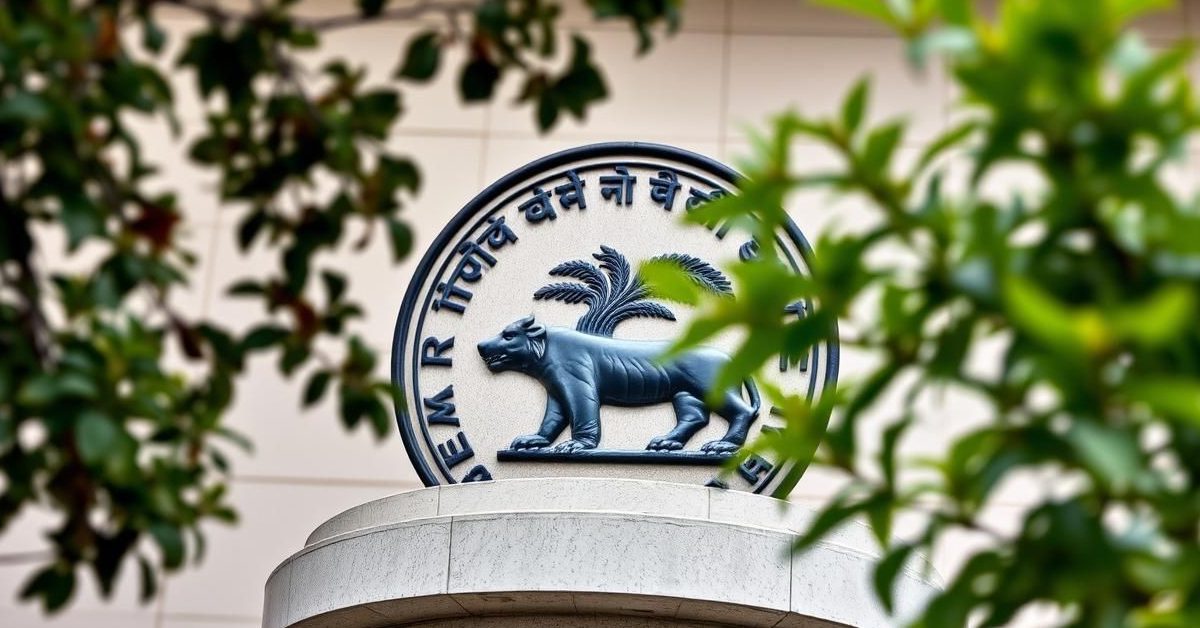India’s market regulator, the Securities and Exchange Board of India (Sebi), is currently reviewing a request from New York-based proprietary trading firm Jane Street to ease some of the restrictions placed on it, nearly ten days after initial action.
The Initial Action Against Jane Street
Earlier this month, on July 3, Sebi took stern action against Jane Street. The regulator ordered the firm to deposit an alleged Rs 4,843.57 crore, which Sebi claimed were “illegal gains” made through manipulative trading practices in Nifty futures.
In addition to this significant financial demand, Sebi also barred Jane Street from participating in any securities trading within the Indian capital markets until the full amount was recovered. This interim order sent ripples through the market, impacting one of its major players.
Jane Street’s Response and Request
In compliance with Sebi’s directive, Jane Street recently deposited the specified amount of Rs 4,843.57 crore into an escrow account. This account has a lien marked in favor of the market regulator, ensuring the funds are held securely under Sebi’s oversight.
Following this deposit, Jane Street promptly requested Sebi to lift certain conditional restrictions imposed by the interim order. Sebi confirmed on Monday that this request is now under active examination, in line with the directions outlined in their initial order.
It’s important to note that Jane Street stated this action was taken “without prejudice to their rights and remedies,” indicating they reserve the right to pursue further legal avenues. Legal experts suggest that since Jane Street has complied with the interim order, seeking modifications or relaxations is a logical next step.
Market Impact of Their Absence
The absence of Jane Street, a significant player in India’s derivatives market, was keenly felt. On July 11, the first expiry day on the National Stock Exchange (NSE) after Jane Street was barred, the impact became evident.
The overall turnover in the NSE’s equity derivatives segment plummeted by nearly 21 percent compared to the previous expiry day on July 3. The number of contracts traded also saw a similar drop, reinforcing Jane Street’s substantial presence and influence in the market.
Jane Street’s Defense and Future Plans
Jane Street has strongly refuted Sebi’s accusations, calling them “extremely inflammatory” and expressing deep disappointment. The firm maintains that its actions, particularly on January 17, 2024 (one of the dates highlighted by Sebi), involved standard arbitrage trading, which is a common and legitimate market strategy.
The firm criticized Sebi’s use of metrics to assess market impact, arguing they do not accurately reflect actual market behavior. Jane Street also claimed they had made efforts to engage with Sebi since February, but were consistently turned away, despite making adjustments to their trading practices based on initial feedback from the NSE.
It is widely anticipated that Jane Street will challenge Sebi’s order by approaching the Securities Appellate Tribunal (SAT) in the coming days, as they continue to prepare a formal legal response.
- Sebi is reviewing Jane Street’s request to lift trading restrictions.
- Jane Street deposited Rs 4,843.57 crore in an escrow account as per Sebi’s interim order.
- The firm was initially barred from trading due to alleged manipulative practices in Nifty futures.
- Jane Street’s absence led to a significant 21% drop in NSE’s derivatives turnover.
- Jane Street denies all allegations, claiming their trading was legitimate arbitrage, and plans to appeal Sebi’s order.
The ongoing discussions between Sebi and Jane Street are currently in their preliminary stages, with market participants closely watching for further developments.














